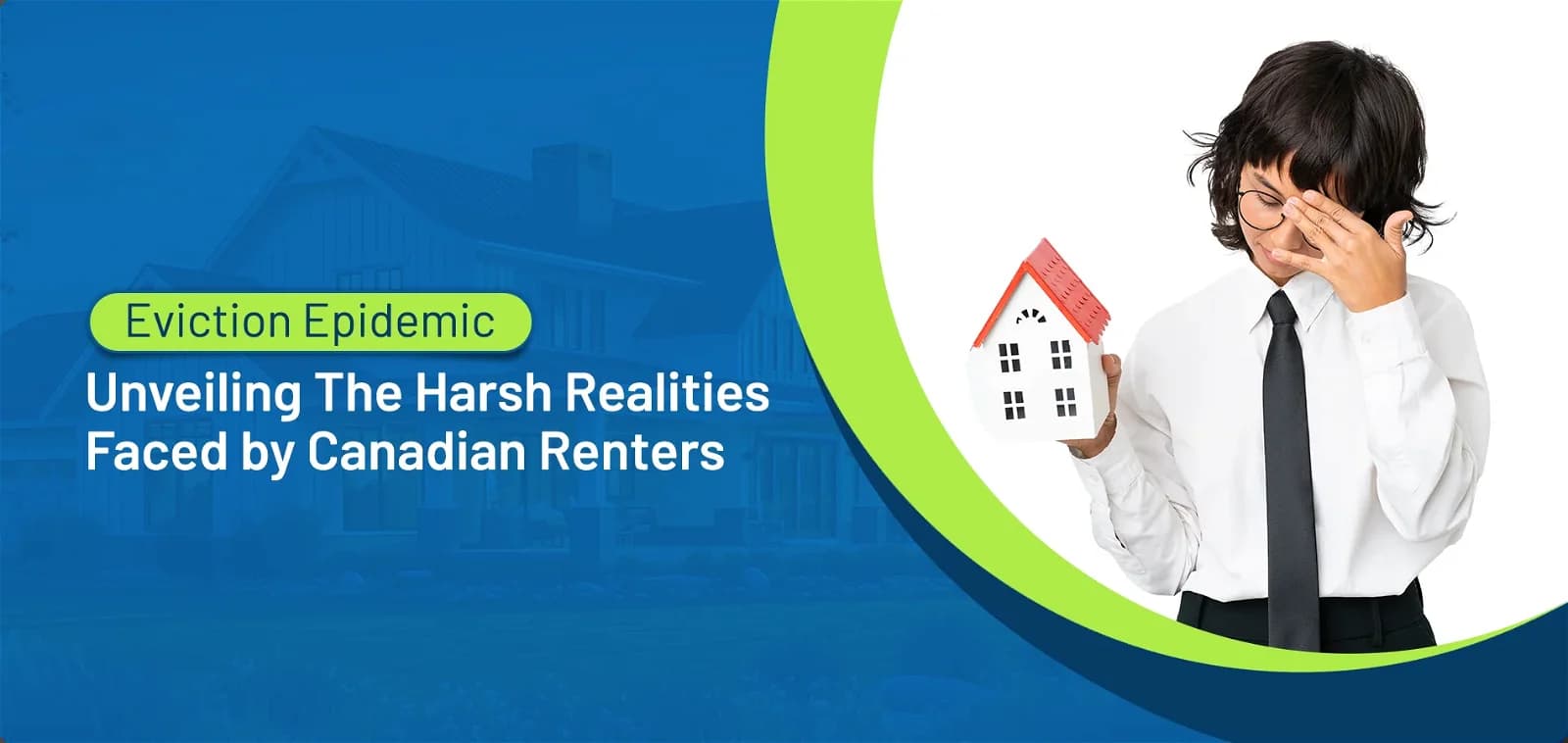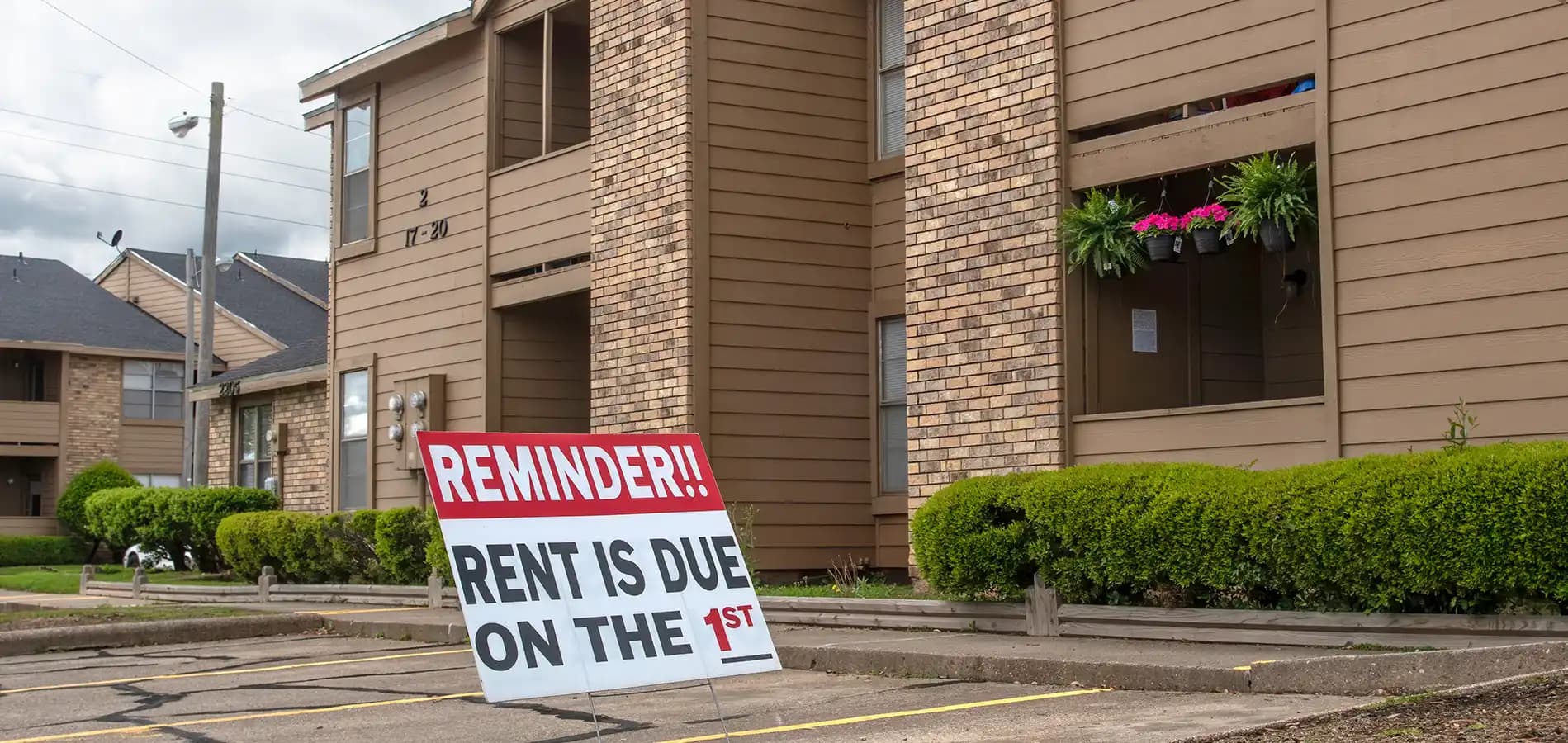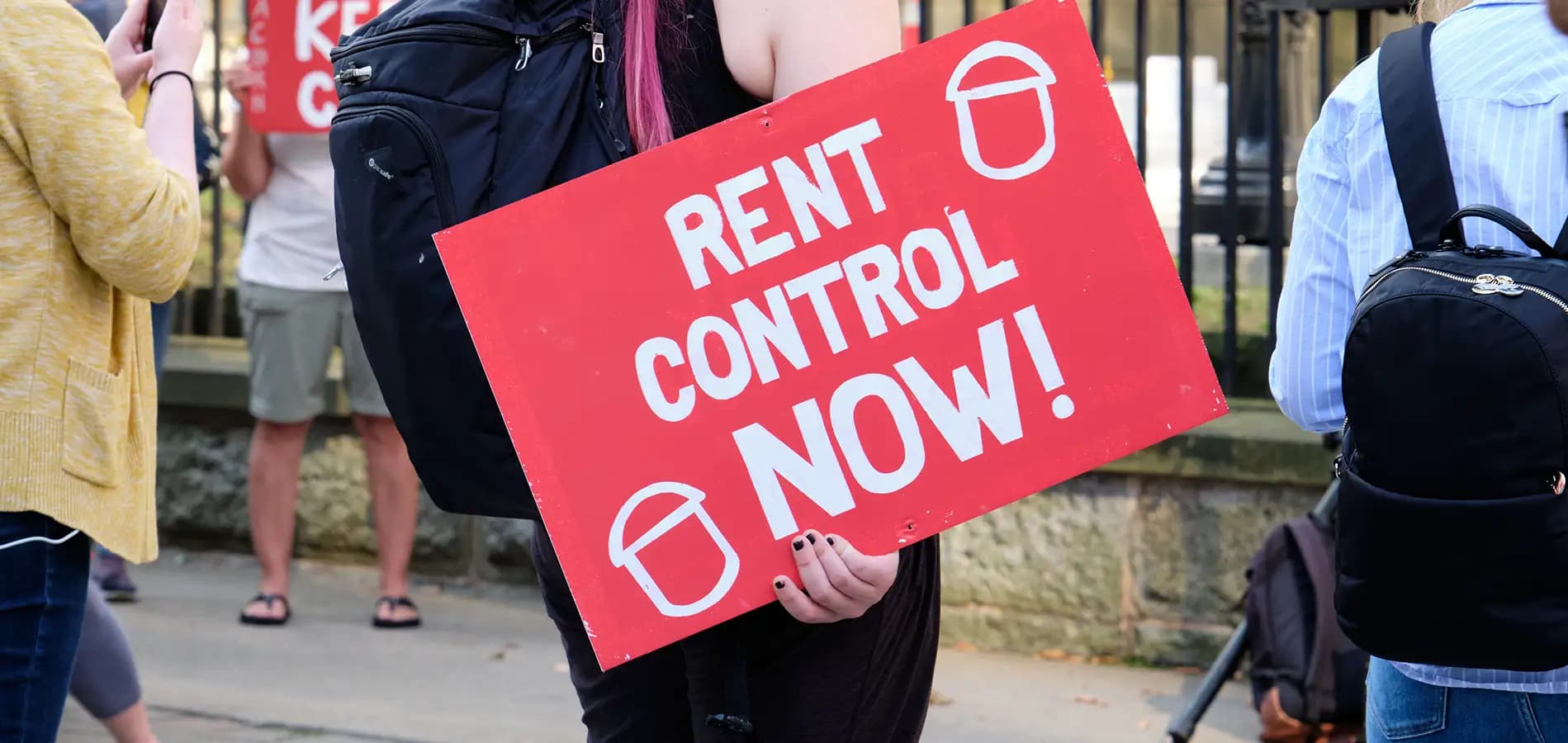Blog Search
Eviction Epidemic: Unveiling the Harsh Realities Faced by Canadian Renters

On March 27th 2024, Prime Minister Justin Trudeau announced the introduction of a Bill of Rights for renters in Canada during a speech in Vancouver for Budget 2024.
Although the full extent of this bill was not disclosed here are some of the major points that were shared,
Landlords will be mandated to provide a transparent history of apartment pricing.
Consequences will be imposed for Renovictions, where landlords evict tenants ostensibly for renovations but subsequently rent out the unit again.
Establishment of a nationwide standard lease agreement.
On-time rent payments will be integrated into individuals' credit scores.
A $15 million Tenant Protection Fund to support legal aid organisations defending tenants against unfair rent hikes, Renovictions, or problematic landlords.
The federal government aims to fix many rental affordability issues for Canadians and newcomers with the implementation of this bill. Which begs the question is it really a problem that needs solving especially when Canada is in the middle of an affordability crisis in general?
Well, that's exactly the question we aim to answer in this blog.
THE PROBLEM

Demand and Supply in the Rental Market
The rental market in Canada has witnessed a significant disparity between demand and supply, particularly evident in major housing markets across the country. This imbalance has been primarily fueled by several factors, including a surge in immigration, robust employment growth, and the escalating costs associated with homeownership. Over the past decade, the growth in renter households has far surpassed that of owner households, with a notable 22% increase compared to a mere 8%.
Consequently, this surge in demand has exerted substantial pressure on rental accommodations, leading to a notable escalation in average rent prices. In 2023 alone, the average rent witnessed a considerable year-over-year growth of 8%. These trends underscore the pressing need for policy interventions to address the widening gap between the demand for rental properties and the available supply, ensuring housing affordability and stability for Canadians across diverse socio-economic backgrounds.
The Growing Eviction Rate
In Canada, the prevalence of evictions among renters has become a concerning issue, with statistics revealing that 3% of renters faced eviction over the preceding 12 months. While this figure might seem modest, it translates to a notable 1% of the entire Canadian population experiencing eviction within that timeframe. These findings, gathered from data collected between April 21 and December 3, 2023, underscore the significance of addressing the root causes behind evictions and implementing measures to safeguard tenants' rights and housing stability.
Reasons for Evictions
Evictions in Canada often stem from various landlord-related factors, comprising over half of all cases. Among the most prevalent reasons for eviction are landlords reclaiming units for personal use, accounting for 30% of cases, followed by property sales, contributing to 17% of evictions. Additionally, a smaller yet noteworthy proportion, 4%, is attributed to landlords initiating evictions to carry out major repairs or renovations. Interestingly, there exists regional diversity in the prevalence of evictions due to major renovations, exemplified by an astonishing 983% increase observed in Hamilton, Ontario, from 2017 to 2022. These disparities represent the complex interplay of local housing markets, landlord-tenant dynamics, and policy frameworks influencing eviction trends across different regions of the country.
Concerns with "Renovictions"
The phenomenon of "renovictions" has garnered attention within Canada's rental market, drawing concern due to its negative implications for tenants. While some evictions initiated for major repairs or renovations are genuine efforts to improve property conditions, a subset of these actions, known as "renovictions," carries negative connotations. In such cases, tenants may perceive these evictions as opportunistic manoeuvres by landlords to circumvent rent control regulations or to capitalize on rising property values.
Despite the intent behind these evictions varying, they frequently result in higher rental rates for incoming tenants, exacerbating affordability challenges in already strained housing markets. Thus, addressing the concerns surrounding "renovictions" necessitates policy interventions that balance the rights of landlords with the need to protect tenants from exploitative practices.
THE IMPACT

Financial Strain
A significant proportion of evictees in Canada face considerable financial challenges, with nearly 6 in 10 reporting difficulties in meeting their financial needs. This hardship is exacerbated by the fact that difficulty paying rent ranks as the second-most common reason for eviction, affecting 18% of those who have been displaced. These findings highlight the difficult financial position many renters find themselves in, where the burden of high housing costs strains their ability to maintain stable accommodation.
Health and Vulnerability
The eviction crisis in Canada disproportionately affects individuals in vulnerable demographic groups, with implications for both mental and physical well-being. A significant majority of evictees, amounting to 59%, fall within the age range of 25 to 44, with a substantial portion, 34%, being even younger, between 25 and 34 years old. Moreover, nearly half of evictees report fair or poor mental health, a stark contrast to the 20% prevalence among the general population. Additionally, 28% of evictees identify as having a disability, representing double the proportion observed within the total population.
THE SOLUTION
The Canadian Home recently published a blog titled The Hidden plight of international students in Canada’s housing crisis. We tackled the ongoing exploitation of international students in cities like Toronto.
"Shocking statistics from a 2018 survey conducted at McGill University reveal that nearly 40% of international students experienced sexual harassment, while over 23% reported incidents of sexual assault."
It is because of such prevalent issues that the Canadian government feels compelled to intervene and create a more secure environment where tenants international or not can feel safe and confidently claim one of the basic necessities of daily life.
The introduction of Canada's Renters' Bill of Rights by Prime Minister Justin Trudeau represents a pivotal response to the pressing challenges within the rental market. This initiative not only alleviates financial strain but also mitigates the adverse impacts on the mental and physical well-being of tenants, thereby fostering social cohesion. By prioritizing the needs of renters, the government strives to create a fair and inclusive rental market, vital for building a more equitable society in Canada.
Blog Search
Popular Blogs
Popular Blogs
The trademarks MLS®, Multiple Listing Service® and the associated logos identify professional services rendered by REALTOR® members of CREA to effect the purchase, sale and lease of real estate as part of a cooperative selling system.

